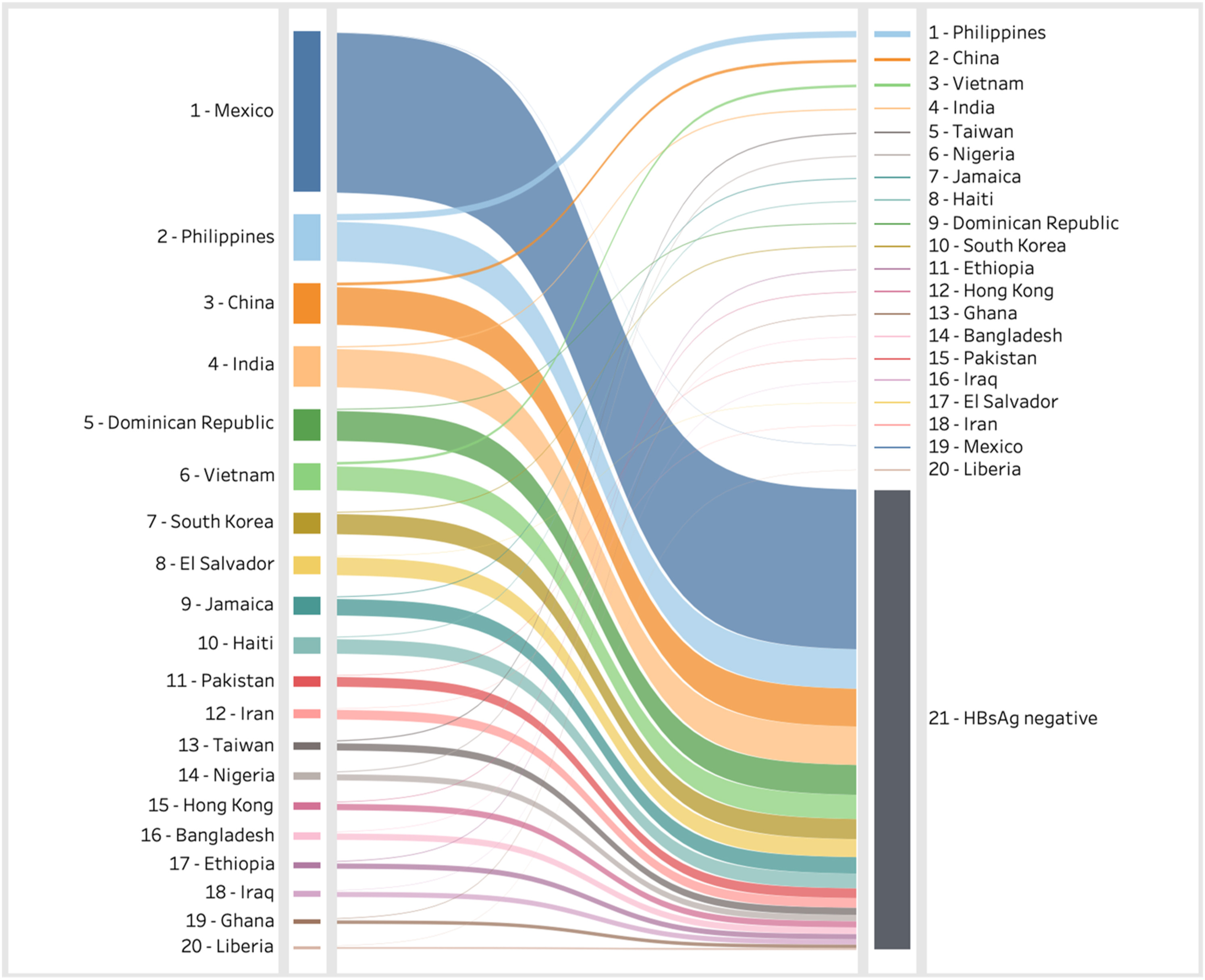The United States Supreme Court's landmark decision to strike down race-based admissions programs in higher education has far-reaching implications which also extend to the workplace. This article discusses ways this ruling may affect corporate diversity, equity and inclusion (DEI) program and also embolden some states to take further aim at DEI initiatives, and in so doing promote SDGs 5, 8 and 10.
This One Earth Research Article shows how residential socioeconomic and racial segregation, in part due to historic redlining and unequal investment in green spaces, has led to disparities in heat exposure in the United States. This is expected to worsen as the climate warms, highlighting the need fro climate mitigation and adaptation (SDG 13), with additional implications for improving climate resilient and equitable infrastructure in cities (SDG 11) and public health interventions to reduce heat exposure (SDG 3).
While social justice is a pillar that society seeks to uphold, in the area of organ transplantation, social justice, equity, and inclusion fail in the unbefriended and undomiciled population. Due to lack of social support of the homeless population, such status often renders these individuals ineligible to be organ recipients. Though it can be argued that organ donation by an unbefriended, undomciled patient benefits the greater good, there is clear inequity in the fact that homeless individuals are denied transplants due to inadequate social support. To illustrate such social breakdown, we describe two unbefriended, undomiciled patients brought to our hospitals by emergency services with diagnoses of intracerebral haemorrhage that progressed to brain death. This proposal represents a call to action to remediate the broken system: how the inherent inequity in organ donation by unbefriended, undomiciled patients would be ethically optimized if social support systems were implemented to allow for their candidacy for organ transplantation.
Speech to text (STT) technology automatically transcribes users’ speech to a computer screen. Research indicates that STT shows promise as an alternative mode of composition, supporting students in making fewer errors, writing more, and writing better. Much of this research takes place in elementary and middle schools, often focusing on students with identified learning disabilities.
This systematic literature review on on-site sanitation fecal sludge management practices directly informs Sustainable Development Goal 6 (SDG 6) by identifying best practices for safe sanitation, reducing pollution, and protecting water resources.
This Article supports SDG 3 by showing that an HCV testing (point-of-care) and treatment programme implemented in users of a supervised drug cosumption service in Canada was beneficial, with a large degree of positive testing, testing acceptance, and treatment engagement. The study suggests that on-site point of care testing and treatment for HCV in supervised consumption services is effective in reaching this population
This Article supports SDG 3 by using modelling to estimate the impact of immigration on hepatitis B prevalence in the USA, in order to more accurately assess the hepatitis B burden, which might not be accurately measured by national serosurveys. The study found a significantly higher burden of hepatitis B (1.8 million cases), significantly higher than that found in national serosurveys.
This Article supports Sustainable Development Goal 3 by describing a cohort characterization model for Alzheimer’s Disease built on medications and diagnoses data that are widely available in a structured format in electronic health records (EHRs), showing that standard machine learning applied to sequences of EHR data can produce scalable computational characterization of Alzheimer’s disease cohorts.
This Article supports Sustainable Development Goal 3 by highlighting differential effects of sleep disturbances on resting-state neural activity in patients on the Alzheimer's disease spectrum relative to healthy adults, suggesting a key role of sleep disturbances in the neurophysiological changes seen in Alzheimer's disease, with implications for basic research and clinical intervention.
Elsevier,
Overcoming Obstacles in Drug Discovery and Development, Surmounting the Insurmountable—Case Studies for Critical Thinking 2023
Racial and ethnic disparities among clinical trial participants is a long-standing issue demanding attention in the research community as advances in precision medicine increase. This exclusion from clinical trial enrollment has tangible consequences, preventing traditionally underserved populations from benefitting from health innovation and cutting-edge technologies. Aggregation of populations into a generalized treatment population lends to the evident healthcare inequities we see today and support SDG3


